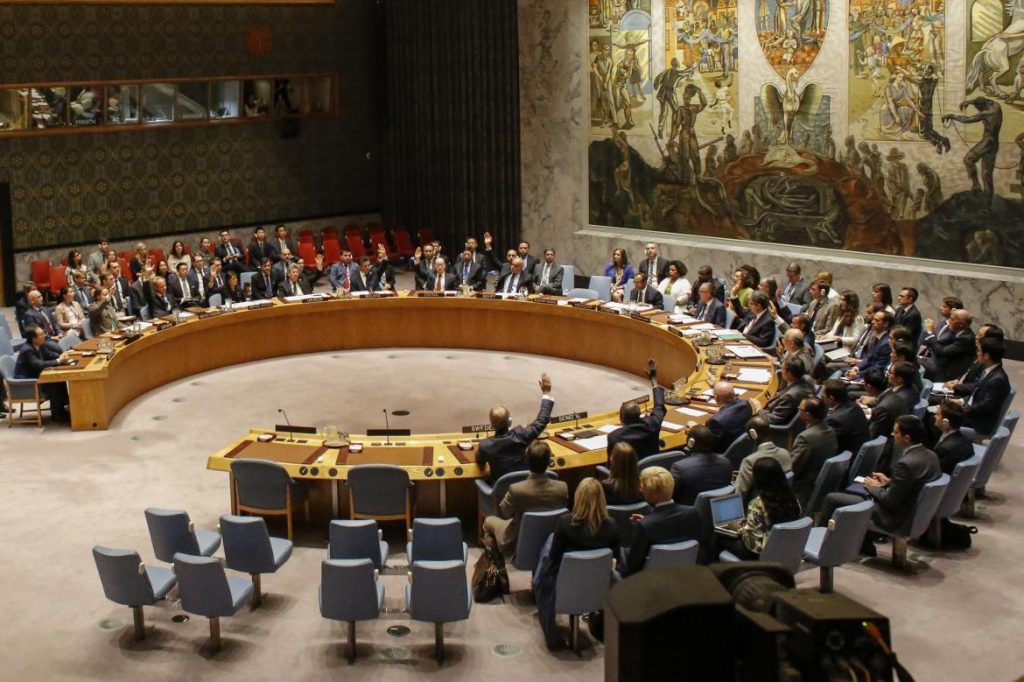By CAROLE LANDRY | AFP
NEW YORK — The UN Security Council on Wednesday broke its weeks-long silence on the Rakhine crisis and called for an end to the violence as UN chief Antonio Guterres said the military campaign amounted to ethnic cleansing of the Rohingya community.
Following a closed-door meeting, the 15-member council including China, a supporter of Myanmar’s former ruling junta, expressed concern about excessive force during security operations in Rakhine State and called for “immediate steps” to end the violence.
It was the first time the council agreed on a united response to the crisis sparked by a military crackdown that followed attacks by Rohingya militants late last month.
Some 380,000 Rohingya have fled across the border into neighboring Bangladesh and there have been growing appeals for State Counsellor Daw Aung San Suu Kyi to speak out in defence of the Rohingya.
Support more independent journalism like this. Sign up to be a Frontier member.
Aung San Suu Kyi’s spokesman earlier said she would deliver an address on September 19 to discuss “peace and reconciliation” in Myanmar.
At a press conference in New York, Guterres called for a halt to the military campaign in Rakhine and said the mass displacement of Rohingya amounted to ethnic cleansing.
“I call on the Myanmar authorities to suspend military action, end the violence, uphold the rule of law and recognise the right of return of all those who had to leave the country,” the secretary general told a press conference.
Asked if he agreed the Rohingya population was being ethnically cleansed, he replied: “When one-third of the Rohingya population has got to flee the country, can you find a better word to describe it?”
Condemning the violence, the Security Council also called for humanitarian aid workers to be able to reach those in need in Rakhine state.
But China blocked a proposal from Egypt to add language on ensuring the right of return to the Rohingya sheltering in Bangladesh, diplomats said.
Still, British Ambassador Matthew Rycroft stressed that it was the first time in nine years that the Security Council was able to agree on a common stance on Myanmar.
“We were united in our concern about the situation” after hearing from UN officials who briefed the council on “the catastrophe that is befalling Rakhine State and the Rohingya there,” said Rycroft.
Rights groups had urged the council to meet in open session and send a clear message to Myanmar that the world is watching.
“Today was a baby step forward, and it’s admittedly rare that the Council finds a way to agree on Burma, but it’s far less than what’s needed in the face of the unfolding tragedy,” said Akshaya Kumar, Human Rights Watch’s deputy UN director.
In the northern area of Rakhine, 176 out of 471 Rohingya villages now stand empty after “the whole village fled”, government spokesman Zaw Htay said in Yangon, adding others were partly deserted or intact.







